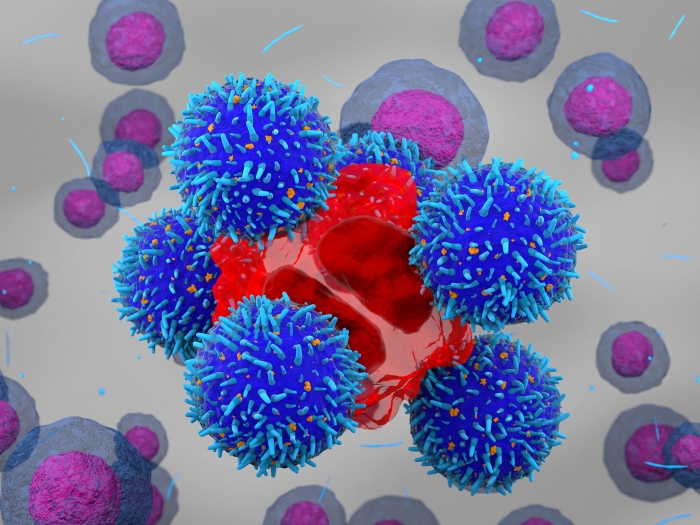A review of maternal deaths suggests most individuals had documented behavioral health conditions but only one-third received appropriate pharmacologic treatment before death
11:17 AM
Author |

Most pregnant individuals who died of suicide or overdose in one state sample had diagnoses of mental health or substance use conditions – but few received proper therapy before death – a study suggests.
Michigan Medicine researchers analyzed 237 maternal deaths due to suicide or overdose occurring between 2008 and 2018 in Michigan, finding that more than two thirds of cases involved a documented behavioral health condition.
However, only a third of these patients were receiving psychotropic medications, such as antidepressants, anti-anxiety medicine or mood stabilizers prior to their death.
Similarly, of those who died of substance overdose, more than two thirds of individuals had a documented substance use condition. Less than a third of these patients were being treated with medication assisted therapy, such as suboxone, which helps fight opioid addiction.
“It’s concerning to see that the majority of these maternal deaths involved documented mental health and substance use conditions, but that so many lacked pharmacological treatment to mitigate their symptoms and improve their health,” said lead author Joanna Kountanis, M.D., clinical assistant professor in the Department of Anesthesiology at the University of Michigan Medical School. “These findings suggest an urgent need to implement effective strategies across multiple specialty areas to address the relationship between pregnancy and behavioral health.”
Most deaths occurred within three months postpartum but more than half of all deaths occurred between 4 to 12 months postpartum, according to the findings in the American Journal of Obstetrics and Gynecology – Maternal Fetal Medicine.
“The later postpartum period may present a time of increased vulnerability due to less frequent scheduling of obstetrical and pediatric healthcare visits,” Kountanis said.
Prescription opioids were the most common substance found on postmortem toxicology reports, and among these patients, nearly half had a physician-prescribed opioid. Of those with substance overdose deaths, 42.9% had an opioid prescription, 44.3% had a benzodiazepine prescription, and 32.5% had a prescription for both.
The retrospective study involved a secondary review of deceased patients’ records over a decade at the Michigan Department of Health and Human Services through the Michigan Maternal Mortality Surveillance Program. Researchers reviewed pregnancy-related and pregnancy-associated deaths.
Recent reports indicate that maternal deaths related to suicide and overdose are increasing and may be the leading contributors to maternal mortality up to one year postpartum.
“We know that untreated substance use and mental health conditions can put a person’s life in severe danger during and after pregnancy,” said coauthor Lindsay Admon, M.D., M.Sc., a researcher and obstetrician-gynecologist at University of Michigan Health Von Voigtlander Women’s Hospital, of Michigan Medicine.
“Increased demand and barriers to behavioral health care during the pandemic may mean even fewer women and pregnant individuals are receiving the treatment they need. To ‘solve’ the maternal health crisis, it is urgent that we address and prioritize access to behavioral healthcare among pregnant and postpartum individuals.”
Additional authors include Mary Roberts, M.D., DFAPA; Roger Smith, M.D.; Allison Cropsey, B.S. and Melissa E. Bauer, D.O.
Study cited: “Maternal deaths due to suicide and overdose in the state of Michigan from 2008 to 2018,” American Journal of Obstetrics and Gynecology – Maternal Fetal Medicine. DOI: 10.1016/j.ajogmf.2022.100811

Explore a variety of health care news & stories by visiting the Health Lab home page for more articles.

Department of Communication at Michigan Medicine
Want top health & research news weekly? Sign up for Health Lab’s newsletters today!





